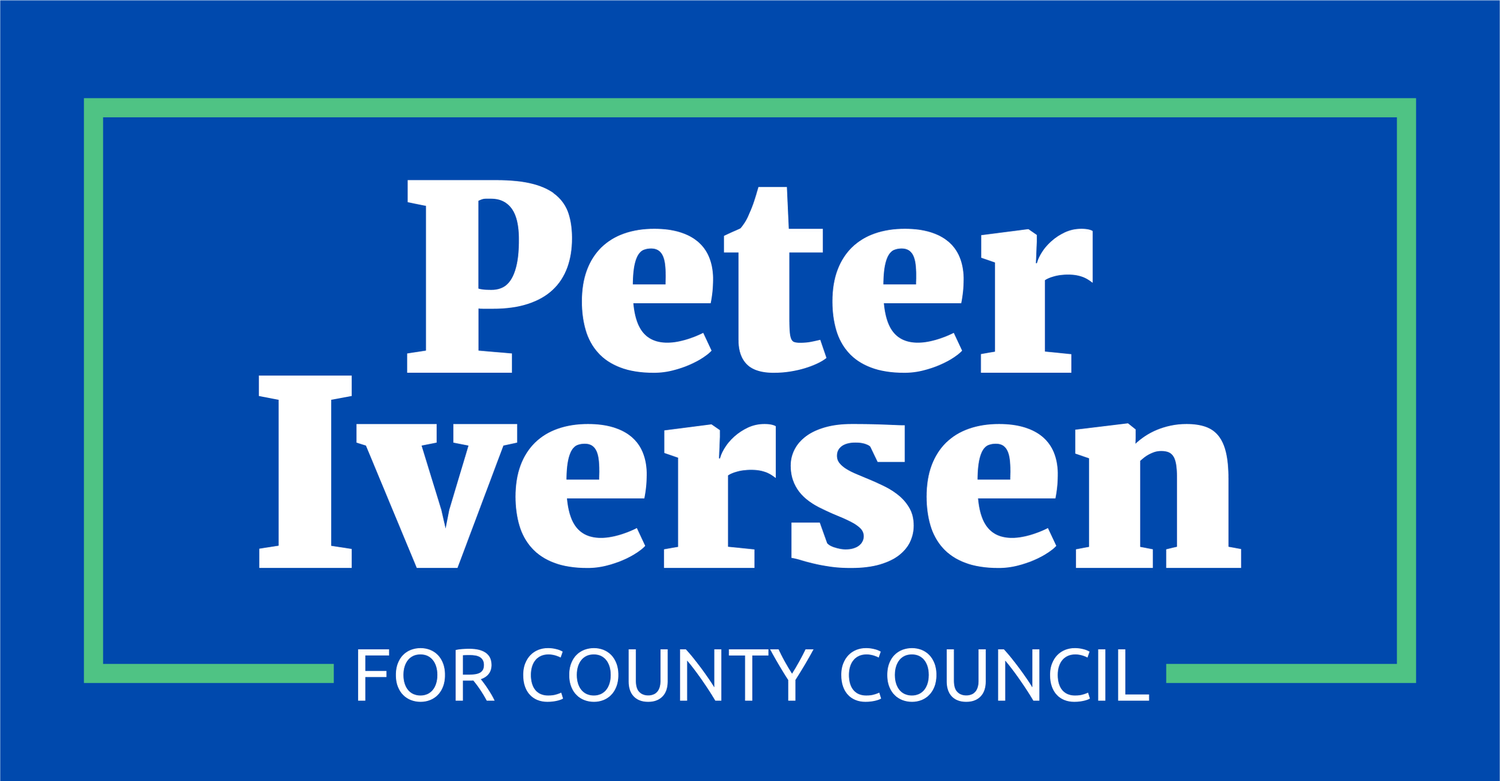Not Just a Tie
In the video here, note the tie around my neck. When tying it, ancient wisdom came into my head: do justice, love mercy, and walk humbly. These words not only guided my intentions in wearing this tie, but it has informed a 30-year partnership between a Hoosier Lutherans and Guatemalan Catholics.
Womens Rights
I bought the tie visiting UPAVIM (unidas para vivir mejor), a 75+ member cooperative association with more than 70 members working as seamstresses and making handicrafts. UPAVIM also employs women of the community as teachers, administrators, cooks, cleaners, secretaries, accountants, nurses, and bakers. Their online store, UPAVIM Crafts is the heart of UPAVIM, exporting beautiful fair trade gifts and crafts around the world and financially supports the Children's Center and K-6 Montessori School.
UPAVIM has also founded and supported several local projects and services for the community of La Esperanza, Guatemala. These programs provide services not only to our women but to thousands of people in La Esperanza and other nearby communities. Some programs are free and the rest charge a low price. These programs are supported by fees, craft sales, other income-generating projects we have started, and international donations and grants.
Long Term Relationships: An Anecdote to Colonialism
The opportunity to buy the tie came as I led a delegation with Sister Parish, Inc. which exists to foster mutual understanding and commitment to peace and justice among people in the United States and Central America. This objective is pursued through the intentional linking of parishes or groups in the United States with parishes and faith communities in Central America. Delegation travel to the North and South with home stays is an essential aspect in enhancing awareness and understanding and in nurturing closer relationships.
Sister Parish believes that the Kingdom of God is already present but not complete, and the liberating Gospel calls us to work together to build this Kingdom through:
Consciousness-Raising. We will seek to transform the world by sharing experiences to better understand and overcome the sources of injustice and oppression.
Solidarity. By putting ourselves in the reality of others and building an interdependent community of brothers and sisters within and among countries, we will promote mutual respect and dignity for all people, advocate for human rights, and work for social and economic justice for all.
Reconciliation. We will live in peace with one another by finding the courage to recognize our failings and forgive each other despite the history of violence that has caused so much pain.
Ecumenism. We will accept each other and respect each person’s beliefs and practices, as we unite to work together so that all may share equally in the fullness of God’s creation.
Guatemalan Coffee
My favorite coffee shop in the world is in Antigua, Guatemala. The open-air cafe invites the sun, birds, and the cooling breeze on delightfully hot days, which meant I did not wear a tie. The languages spoken are multitudinous, and my mind wonders what the stories are behind the hikers, vacationers, and locals.
Coffee is big business in Guatemala, but deforestation and climate change continue to threaten the ability of producers to earn a living. So, while I enjoy my coffee, resilient responses to climate change are ongoing.
What does a tie represent?
Nothing less than the interwoven stories of UPAVIM, Sister Parish, and Guatemala's coffee culture illustrate a powerful alternative to exploitative systems that have historically dominated North-South relationships. Through women's economic empowerment, intentional community-building across borders, and sustainable agricultural practices, these initiatives embody what justice looks like in action. As climate change intensifies, threatening the livelihoods of coffee producers and the communities they support, the long-term relationships fostered through these organizations become even more critical. They provide economic resilience, shared wisdom, and collaborative problem-solving capacities needed to navigate our changing world. By supporting women's cooperatives, which is a mutual exchange rather than charity, we participate in a living example of how another way is possible—one that honors human dignity, cultural diversity, and environmental stewardship. In the face of global challenges, these grassroots connections offer opportunities for mercy, justice, and walking humbly.
